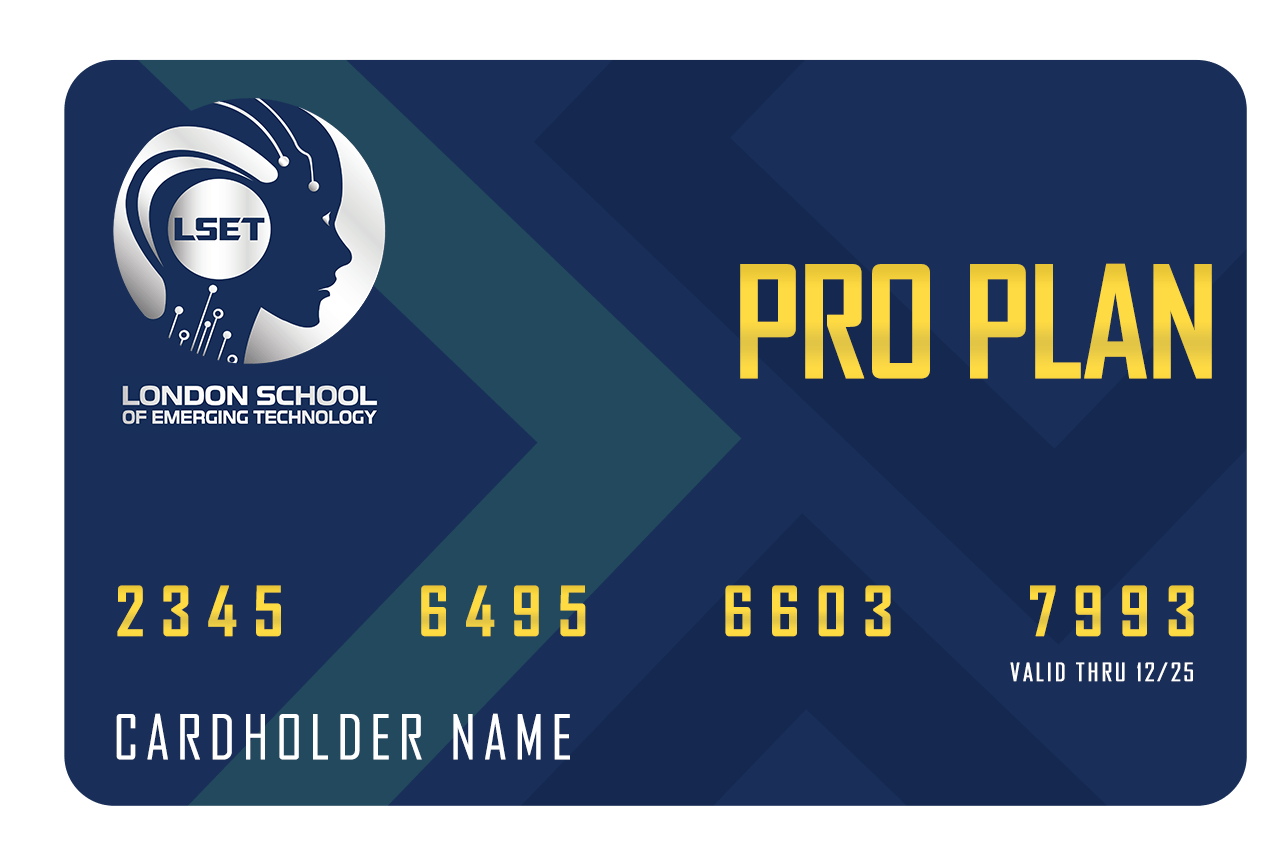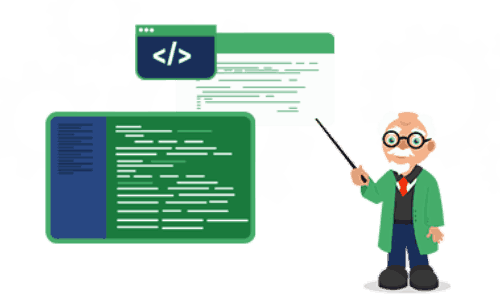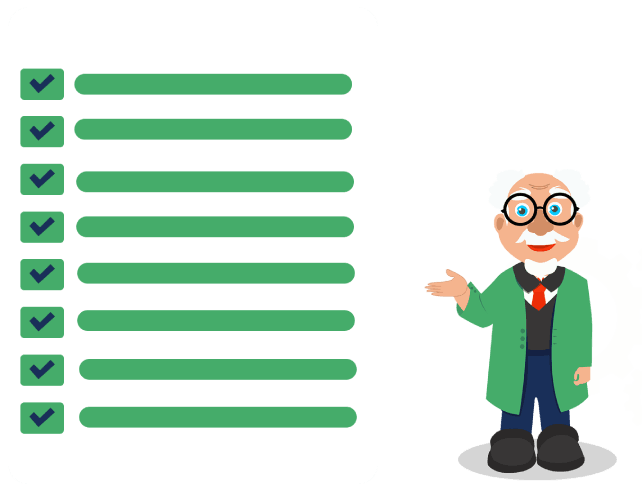In this course, you will learn everything you need to know to become a full-stack developer using Python, Django, and many more technologies. If you are willing to change career paths, expand your skillset, become a consultant, start your own business, or just want to learn, this is the course designed for you.
We will teach you the technologies to become a great full-stack developer with Python and Django. We will also enhance your knowledge about the Front End technologies including HTML, CSS, and Javascript. This course is your one-stop-shop for everything you need to know.
This course is designed in such a way so that anyone can learn how to become a Full-stack developer. We teach you how to program by using interactive Video Lectures, Exercises, Concept Presentation Slides, Code Projects, Downloadable Code Notes, Reading Assignments, and a lot more!



 Premium Career-Ready Track
Premium Career-Ready Track












